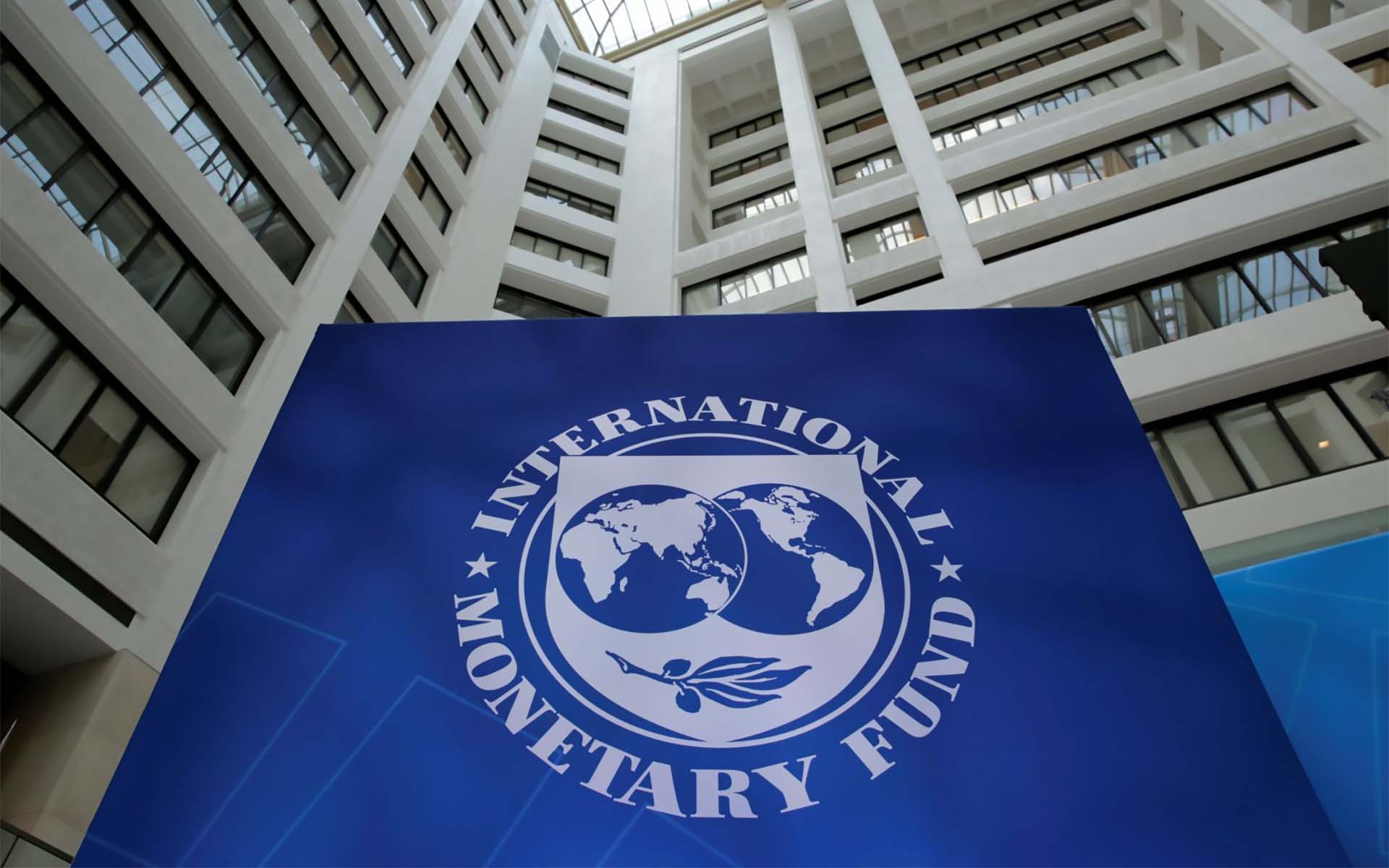The International Monetary Fund (IMF) on Wednesday warned that economies with huge external debts could be vulnerable to financial crises and deep recessions when capital flows out. The warning has become highly significant to Nigeria which government has continued to incur increasingly foreign loans without restraints.
The IMF in a Review of the Institutional View on the Liberalisation and Management of Capital flows released on Wednesday, stated that while the overall presumption that capital flows could bring substantial benefits for countries and capital flow management measures (CFMs), it should not substitute for warranted macroeconomic adjustment.
According to the IMF review: “Capital flows can help countries to grow and to share risks. But economies with large external debts can be vulnerable to financial crises and deep recessions when capital flows out. External liabilities are riskiest when they generate currency mismatches—when external debt is in foreign currency and is not offset by foreign currency assets or hedges.”
the IMF in a review of its Institutional View on capital flows released on Wednesday, asserted that countries should have more flexibility to introduce measures that fall within the intersection of two categories of tools: capital flow management measures (CFMs) and macro-prudential measures (MPMs).
The IMF noted: “Today’s review said that these measures, known as CFM/MPMs, can help countries to reduce capital inflows and thus mitigate risks to financial stability not only when capital inflows surge, but at other times too.”
The Fund also stated that during a capital flow reversal, conventional policy instruments may not be effective in addressing the balance sheet effects related to FX mismatches.
“First, while a currency depreciation due to a capital flow reversal may boost net exports, it may also tighten external borrowing constraints by reducing the FX value of local-currency assets, collateral, and income relative to FX debt and liabilities.
“In such circumstances, monetary policy faces a difficult trade-off: raising the interest rate could result in excessively tight domestic monetary conditions, with pro-cyclical effects on credit and economic activity; while lowering it could lead to further depreciation, tightening external borrowing constraints further.
“Second, the capacity of the government or the central bank to provide FX liquidity to the private sector to satisfy rollover needs on FX debt may be limited, owing to insufficient FX reserves or other sources of FX funding,” the IMF highlighted.
The Fund observed that FX debt inflows may be useful in a pre-emptive manner, in the absence of an inflow surge, to prevent a further accumulation of already-elevated FX mismatches and the associated systemic financial risks.
The IMF declared: “If the adverse balance sheet effects of a currency depreciation can be mitigated pre-emptively through CFM/MPMs that reduce FX mismatches, the exchange rate can be allowed to adjust more flexibly after external shocks, hence, reducing the cost of capital flow reversals and facilitating the needed external adjustment. Such arguments have been developed in the IPF workstream and the IEO report as rationales the pre-emptive use of inflow CFM/MPMs.
“The accumulation of external debt in local currency can also pose financial vulnerabilities in the private sector, but a wider set of policy tools is typically available to address them. “Maturity mismatches and excessive leverage in local-currency debt positions increase rollover risks and the probability of fire-sales of domestic assets during capital flow reversals. In those cases, adequate MPMs would typically address these risks effectively.”

 Football1 week ago
Football1 week ago
 Health & Fitness2 days ago
Health & Fitness2 days ago
 Comments and Issues1 week ago
Comments and Issues1 week ago
 Featured6 days ago
Featured6 days ago
 Education7 days ago
Education7 days ago
 Business7 days ago
Business7 days ago
 Business6 days ago
Business6 days ago
 Crime7 days ago
Crime7 days ago


Pingback: IMF warns countries with huge debts vulnerable to financial crises, recession – Top Naija Headlines